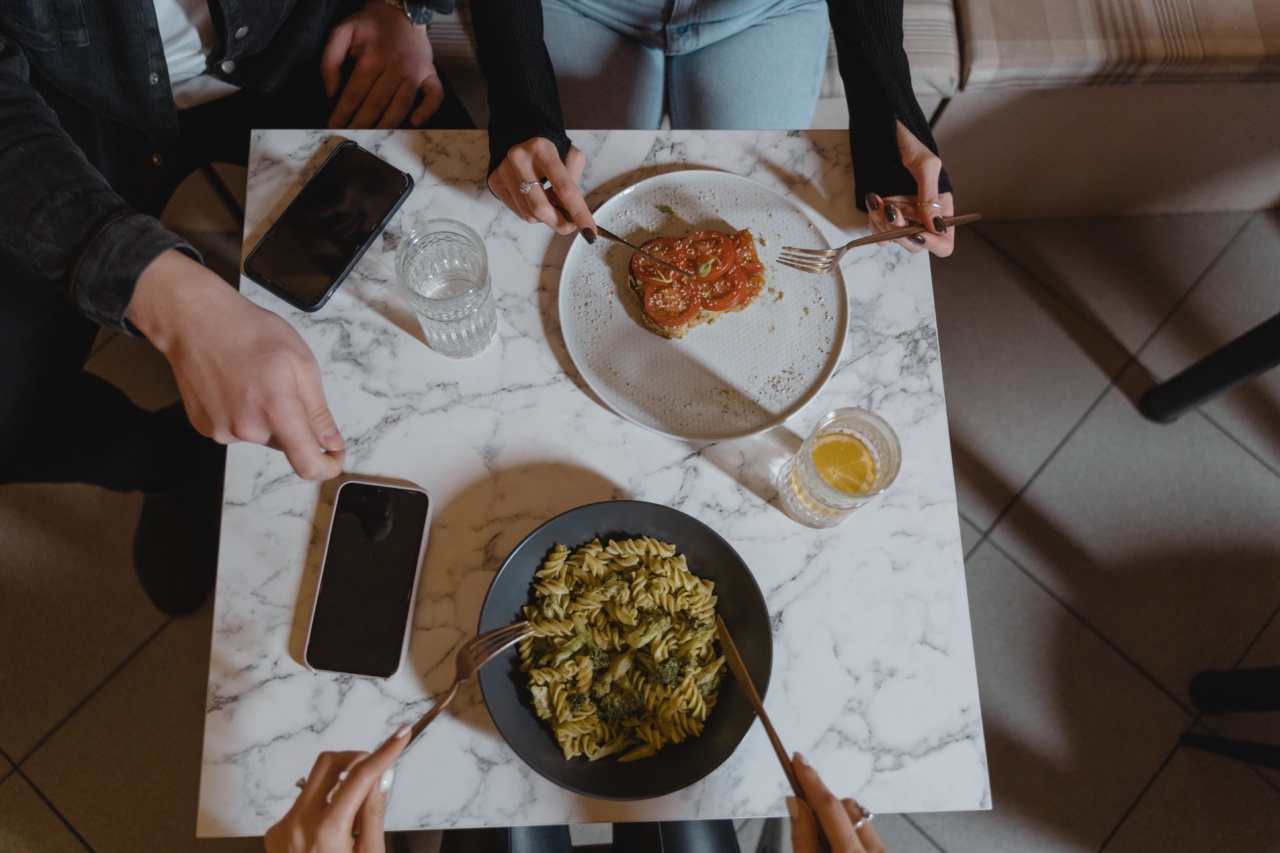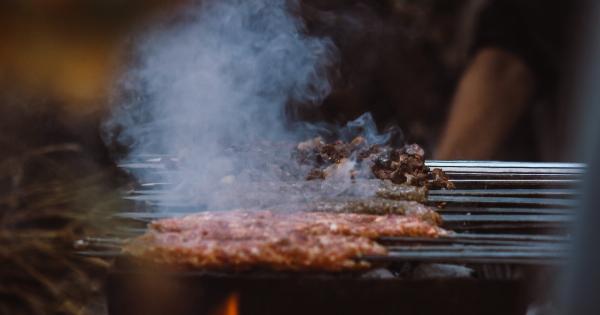A vegetarian diet is considered nutritious and healthy, but many believe that it may lead to deficiencies in iron, which is an essential mineral for the human body.
Iron deficiency can lead to anemia, which is characterized by symptoms such as fatigue, weakness, headaches, and pale skin. However, there are plenty of foods that vegetarians can include in their diets to boost iron levels, including both plant-based and dairy-based options.
1. Leafy greens
Leafy greens such as spinach, kale, and Swiss chard are excellent sources of iron. A cup of cooked spinach contains about 6.4 milligrams of iron, while a cup of cooked kale has approximately 1.2 milligrams of iron.
These greens also contain vitamin C which helps the body absorb iron. Try sautéing them with garlic and olive oil or adding them to your favorite soup or salad.
2. Legumes
Legumes are a group of plant-based foods that include beans, lentils, and chickpeas. They are high in protein, fiber, and iron, making them a great addition to a vegetarian diet. For example, a cup of cooked lentils contains about 6.6 milligrams of iron.
Additionally, legumes are versatile and can be added to salads, soups, chili, and curries.
3. Quinoa
Quinoa is a gluten-free, whole grain that is high in protein, fiber, and iron. A cup of cooked quinoa contains approximately 3 milligrams of iron. It is also easy to cook and can be used as a substitute for rice or added to salads and soups.
4. Nuts and seeds
Nuts and seeds are a great source of iron and can be easily added to vegetarian diets. For example, an ounce of pumpkin seeds contains 4.2 milligrams of iron, while an ounce of sesame seeds contains about 1.4 milligrams of iron.
They can be added to salads, yogurt, smoothies, or eaten as a snack.
5. Tofu and tempeh
Tofu and tempeh are soy-based products that are rich in iron, containing approximately 3-4 milligrams per half cup. They are also high in protein and can be used as a meat substitute in various dishes, such as stir-fries, sandwiches, and soups.
6. Fortified cereals
Many cereals are now fortified with iron, making them a convenient way to increase your daily iron intake. Check the label to ensure that the cereal is fortified with iron and has at least 18 milligrams per serving.
7. Dried fruits
Dried fruits such as apricots, raisins, and prunes are a good source of iron. One cup of dried apricots contains approximately 4.2 milligrams of iron. Dried fruits can be added to oatmeal, yogurt, or eaten as a snack.
8. Dark chocolate
Dark chocolate is an unexpected source of iron. A one-ounce serving of dark chocolate contains about 3.3 milligrams of iron. Opt for dark chocolate with at least 70% cocoa solids for the most health benefits.
9. Molasses
Molasses is a byproduct of sugar cane processing and is a good source of iron, containing about 3.5 milligrams per tablespoon. It can be added to baked goods, oatmeal, and smoothies for an iron boost.
10. Dairy products
Dairy products such as yogurt, milk, and cheese are not vegetarian, but they are a good source of iron for lacto-vegetarians. For example, a cup of plain yogurt contains approximately 1.3 milligrams of iron.
Opt for low-fat or non-fat dairy products to keep the saturated fat content low.






























